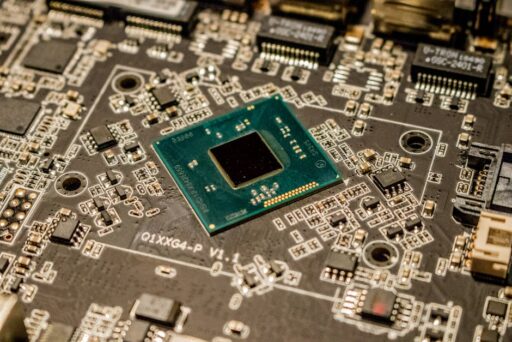Nvidia’s AI-Driven Revenue Surge and Its Challenges in China
Nvidia, recognized as a leading force in the tech industry, has reported another quarter of remarkable sales growth. The company achieved a staggering $46.7 billion in revenue, marking a 56% increase from the previous year. This surge is primarily driven by its AI-focused data center business, which has seen an equivalent 56% boost in revenue. Moreover, Nvidia’s net income rose significantly, reaching $26.4 billion, a 59% increase compared to the same period last year.
The data center segment alone contributed $41.1 billion in revenue, highlighting the robust demand for advanced GPUs, especially from AI companies. Notably, Nvidia’s latest chip generation, Blackwell, played a crucial role, accounting for $27 billion of these sales. CEO Jensen Huang proudly stated, “Blackwell is the AI platform the world has been waiting for,” emphasizing its centrality in the ongoing AI race. Huang further projected that AI infrastructure spending might reach $3 to 4 trillion by the decade’s end.
Despite these achievements, Nvidia faces significant hurdles in the Chinese market. The company did not report any sales of its China-targeted H20 chip to domestic customers last quarter. However, $650 million worth of H20 chips were sold to a non-Chinese customer. The evolving geopolitical landscape, particularly under recent U.S. administrations, has impacted Nvidia’s operations, restricting the sale of advanced GPUs to China.
Nvidia is now allowed to sell certain chips to China, subject to a 15% export tax. However, this arrangement remains unofficial, causing uncertainty. CFO Colette Kress highlighted this issue, noting that while some Chinese customers have licenses, no H20 shipments have occurred. Nevertheless, the Chinese government continues to encourage local businesses to utilize Nvidia chips, prompting the company to introduce the H20 chip recently.
Looking ahead, Nvidia anticipates $54 billion in revenue for the next quarter, although this forecast does not include potential H20 shipments to China. As Nvidia navigates these geopolitical challenges, its ability to sustain growth in the global AI market will be critical.






